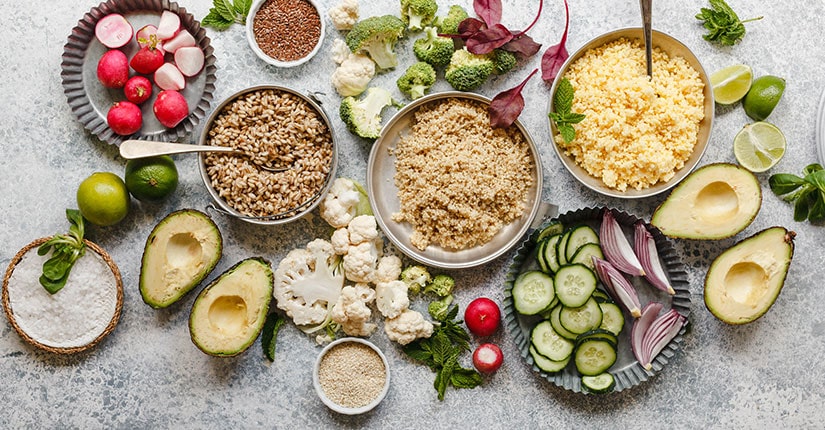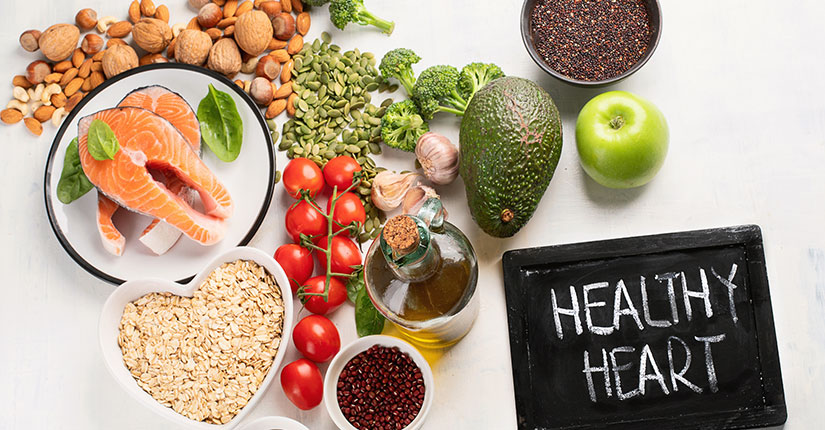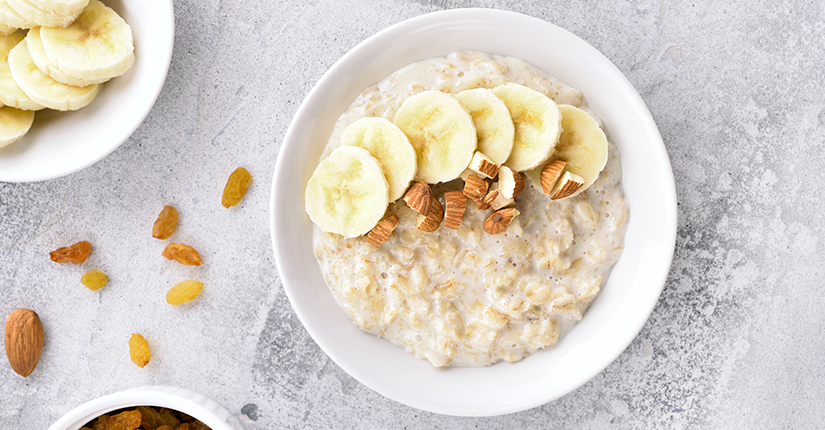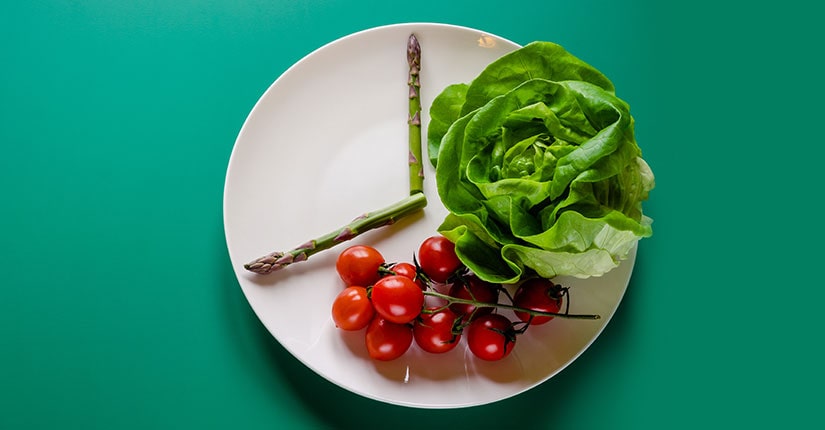Why you Should Choose the Local and Seasonal Produce?
By Nmami Life Editorial 08-Aug 2020 Reading Time: 5 Mins
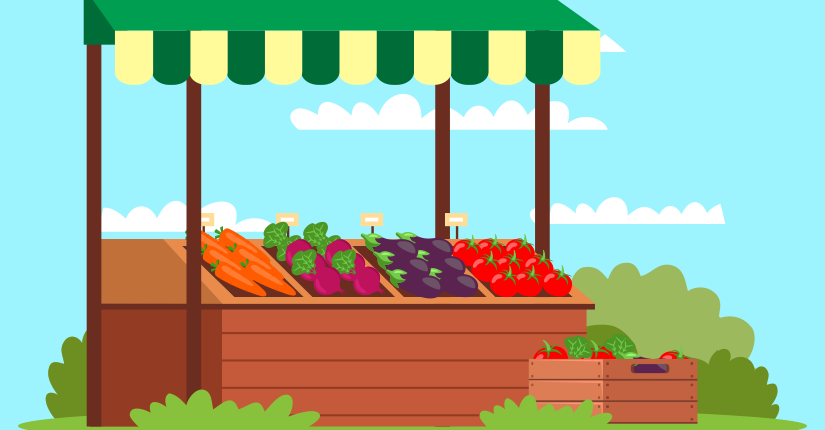
While our nation is busy promoting businesses and people to support #vocalforlocal, being vocal for local especially when it comes to your food choices can be quite helpful to your health.
Why should we choose local and seasonal?
Locally grown fruits, vegetables, or grains retain their maximum flavours as they are harvested and shipped rather quickly compared to foods that are transported from other regions. The shorter time food produce takes to reach from the harvested ground to your table, the maximum amount of nutrients it tends to retain. The fresher a fruit or vegetable is, the more nutrient-dense its profile will be. Eating organically or locally will also reduce the pesticide load as the local produce grows effectively in the native environment. Not just from the aspect of your health, local produce is also beneficial for the environment as it reduces energy cost, transport cost, less herbicide, and reduced storage needs. It is a great way to support the local economy too.
Quite similarly, when you choose to consume fresh seasonal produce as a part of your diet, it offers numerous benefits. Eating fresh fruits and vegetables during the season offers way more flavour and nutrition because of minimal or no processing at all. For example, the vitamin C content of freshly harvested fruits/ vegetables is much higher than the stock of out-season. The antioxidant profile of fresh fruits and vegetables is also much higher as antioxidants tend to degrade over time.
Eating seasonally also means exploring new varieties of the same food. For example, the fruit peach which is abundant in monsoons is usually available in 3-4 different varieties like freestone or clingstone. So, even if it is one type of food, the varieties can be different and you will have so much to explore.
Undoubtedly, seasonal and local produce is also easy on the pockets because of no transport or storage cost, you actually just pay for the produce. So, you are getting better quality at reasonable prices. Another important aspect to note is the risk of contamination with the transport of food. Off-season produce is usually loaded with growth enhancers, chemicals, or wax coating to make them appear appealing. But, it can cause serious health hazards. When you go seasonal, you reduce the risk of contamination. Eating seasonally also reduces the carbon footprint of your food by as much as 7-10%, so in a way you are contributing to the environment too.
Monsoon treat
Fruits that are readily available in monsoon season are- jamun, litchi, plums, peach, cherries, pomegranate, apples, and papaya. Vegetables that you may find easily in this season are- bottle gourd, bitter gourd, snake gourd, apple gourd, pointed gourd, sweet potato, corn, spiny gourd, and okra. Each of these offers plenty of nutrients to keep your health in check during the monsoons while also adding variety to your diet.
Over to you
Eating naturally ripened fruits and vegetables as per the season is one lifestyle change that will provide long-term health benefits. It supports your body’s nutrition needs of the season- like cooling foods in summers, immunity supporting foods in monsoons, and warmer foods in winters. Nature has all planned and sorted already and works as per what is required, only if we support it enough to gain benefit mutually will help both us and the environment as well.





